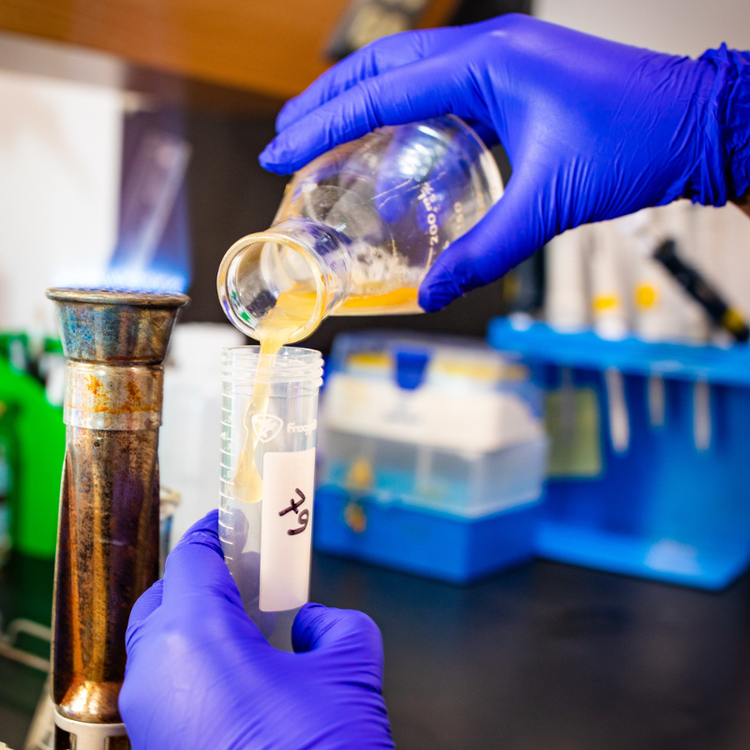
Undergraduate Programs
The Department of Molecular and Cellular Biology, in the College of Biological Science, is responsible for four undergraduate majors, and five minors including:

Biochemistry (available as a major, co-op and minor)
Biochemistry studies the molecules and processes that underpin life by working at the interface between biology and chemistry. It explains biological processes at the molecular level to understand how various biological molecules (proteins, carbohydrates, lipids and nucleic acids) work together to allow cells to function.

Biotechnology (available as a minor only)
Biotechnology harnesses cellular and biomolecular processes in order to develop technologies. Visit the academic calendar for more information about the Biotechnology minor.

Microbiology and Immunology (available as a major, co-op and minor)
Microbiology studies the smallest, most diverse and most abundant organisms on the planet: bacteria, viruses, yeasts, molds and archaea. Microbiologists use both molecular and biochemical methodology to explore and answer current challenges facing society today.

Molecular Biology and Genetics (available as a major, co-op and minor)
Molecular Biology and Genetics explores the molecular biology of genomes and the genetics of microorganisms, plants, humans and other animals, as well as the structure and function of cells.

Neuroscience (available as a major, co-op and minor)
Neuroscience in MCB uses an interdisciplinary approach to study the nervous system by examining the molecular and cellular aspects of how the brain and nervous system function and communicate.
